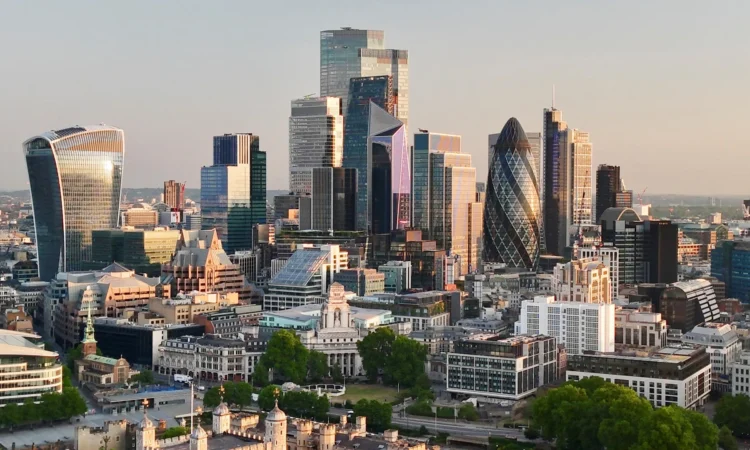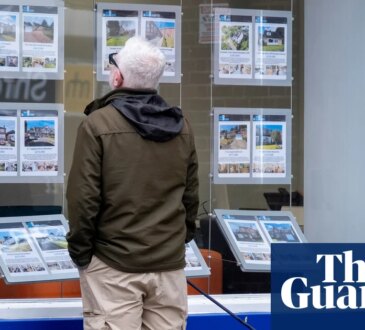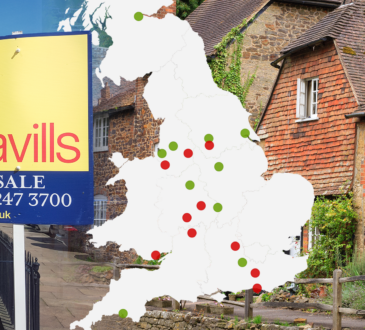
Chancellor of the Exchequer Rachel Reeves is widely expected to unveil a series of tax increases in the UK Budget
[LONDON] Uncertainties around taxation in the run-up to the UK Budget is likely to weigh on homebuilding for the next six months, pushing the government further away from achieving its housing target.
Some 43 per cent of developers expect housing to start declining through the final quarter of 2025 as firms delay decisions until after the Nov 26 Budget, according to a survey of more than 60 homebuilders by Knight Frank.
The impact of Budget uncertainty on development is likely to persist into 2026, as the wait for tax clarity slows down the “lengthy” housebuilding process, the broker warned.
“The November Budget and its potential impact on the economy looms large,” Knight Frank wrote to clients on Thursday (Oct 30) in a report seen by Bloomberg News.
“There is little chance the government will meet its target of delivering 1.5 million additional dwellings over the course of the parliament.”
Chancellor of the Exchequer Rachel Reeves is widely expected to unveil a series of tax increases in the Budget, with speculation so far focused on property as a potential source of additional revenue for the Treasury.
A NEWSLETTER FOR YOU

Tuesday, 12 pm
Property Insights
Get an exclusive analysis of real estate and property news in Singapore and beyond.
Possible new taxes on the sale of homes, changes to capital gains tax relief on primary residences, and a so-called “mansion tax” are among measures the Treasury is reported to be examining, as Reeves attempts to repair a fiscal black hole.
Since the Labour Party took power last year, UK building activity has contracted at the sharpest pace since the depths of the pandemic, with residential property suffering the most.
The UK is likely to fall about 25 per cent short of the 300,000 homes it needs this year to meet its five-year target, Bloomberg News reported in March.
UK residential development land values were largely flat between July and September, with almost half of housebuilders expecting a decline in the fourth quarter, according to Knight Frank.
Some 65 per cent of respondents saw a decline in site visits and reservations between July and September, up from 25 per cent in the previous quarter.
Still, a package of emergency measures announced last week to boost housebuilding in London – including changes to planning rules and new powers that enable the mayor of London to overrule local officials – could accelerate home completions in the capital, Knight Frank said.
Policies introduced under Labour to make it easier to build on “poor quality” land, known as the “grey belt”, had also driven some activity in the countryside, the broker added.
However, almost nine in 10 housebuilders say output over the next five years is likely to reach one million homes or fewer, according to Knight Frank.
Almost half of developers ranked as first-time buyers support a Budget measure that would most likely increase their appetite for land and development.
The emergency measures for London “arrive against the backdrop of a deepening slowdown” in the city’s construction pipeline, said James Barton, department head of Knight Frank’s London land agency.
“Without matching these measures with much-needed demand-side support, such as renewed first-time buyer incentives and stamp duty reform, the capital risks missing its housing targets,” he said. BLOOMBERG




